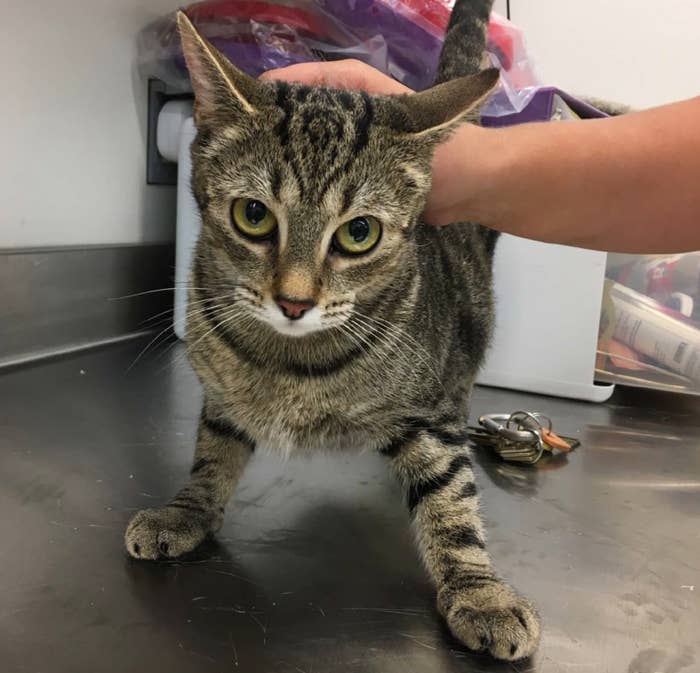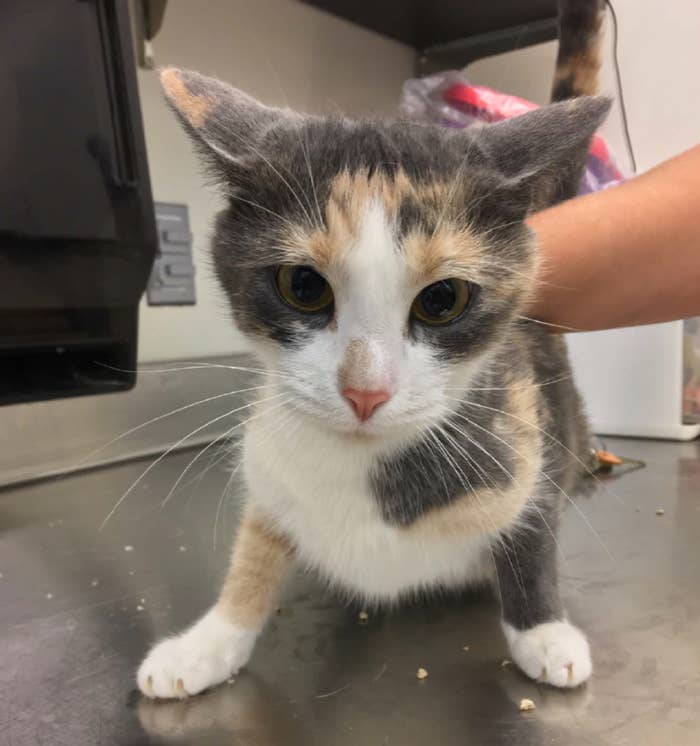
The US government is conducting a taxpayer-funded experiment where it feeds dozens of kittens infected meat, monitors them, and then kills them and burns their bodies, even though most of the cats are perfectly healthy, according to a watchdog group.
The anti–animal research group White Coat Waste Project says it obtained information about the tests being conducted on the kittens through a Freedom of Information Act request.
The experiments being conducted at a US Department of Agriculture (USDA) laboratory in Beltsville, Maryland, kills 100 kittens a year, according to the nonprofit. The USDA called this number a "serious overestimation" in a statement.
The group informed Michigan Rep. Mike Bishop, a Republican defender of animal rights, who on Monday sent a letter to Agricultural Secretary Sonny Purdue to ask what was going on in the lab.
In his letter, Bishop said he was shocked to find out that the government is treating "the life of animals with such contempt."
“I’m shocked and disturbed that for decades the USDA — the very organization charged with enforcing animal welfare laws — has been unnecessarily killing hundreds of kittens in expensive and inefficient lab experiments," Bishop said in a statement.
On Tuesday, a spokesperson for the USDA said the Research Service "makes every effort" to minimize the number of cats used to produce eggs required to research "one of the most widespread parasites in the world."
"The cats are essential to the success of this critical research: only cats are found to excrete the environmentally resistant stage of the parasite," the spokesperson added.

The experiment is being conducted by the USDA's Animal Parasitic Diseases Laboratory, which is tasked with developing protocols to make food safer for humans and animals.
The experiment's current protocol was approved in 2015, according to Bishop, and it has been going on ever since.
However, Bishop said a review of the documents shows that "this research has been conducted at the USDA since at least 1982."
The current experiment uses 100 kittens each year, all of which are killed at the end of the experiment before they are even 3 months old. It's unknown how many kittens in total have been killed.
The 100 kittens are bred, brought to the lab, then fed raw meat infected with toxoplasma, or parasites. Researchers then collect the kittens' feces for two to three weeks, in order to extract the parasites to study further.
However, most, if not all, of the kittens don't get sick. Even if they do, the condition is easily treatable with antibiotics.
Despite this, the kittens are killed at the end of the experiment, according to the documents.
"[The USDA] kills, bags and incinerates the kittens like they’re trash," the White Coat Waste Project said. The USDA said that allowing people to adopt the cats "could, unfortunately, undermine that goal, potentially causing severe infections, especially with unborn children or those with immunodeficiencies."
Bishop's letter asks a series of questions to Purdue about the experiment, including how many kittens have died and why the agency does not explore adoption for the animals.
